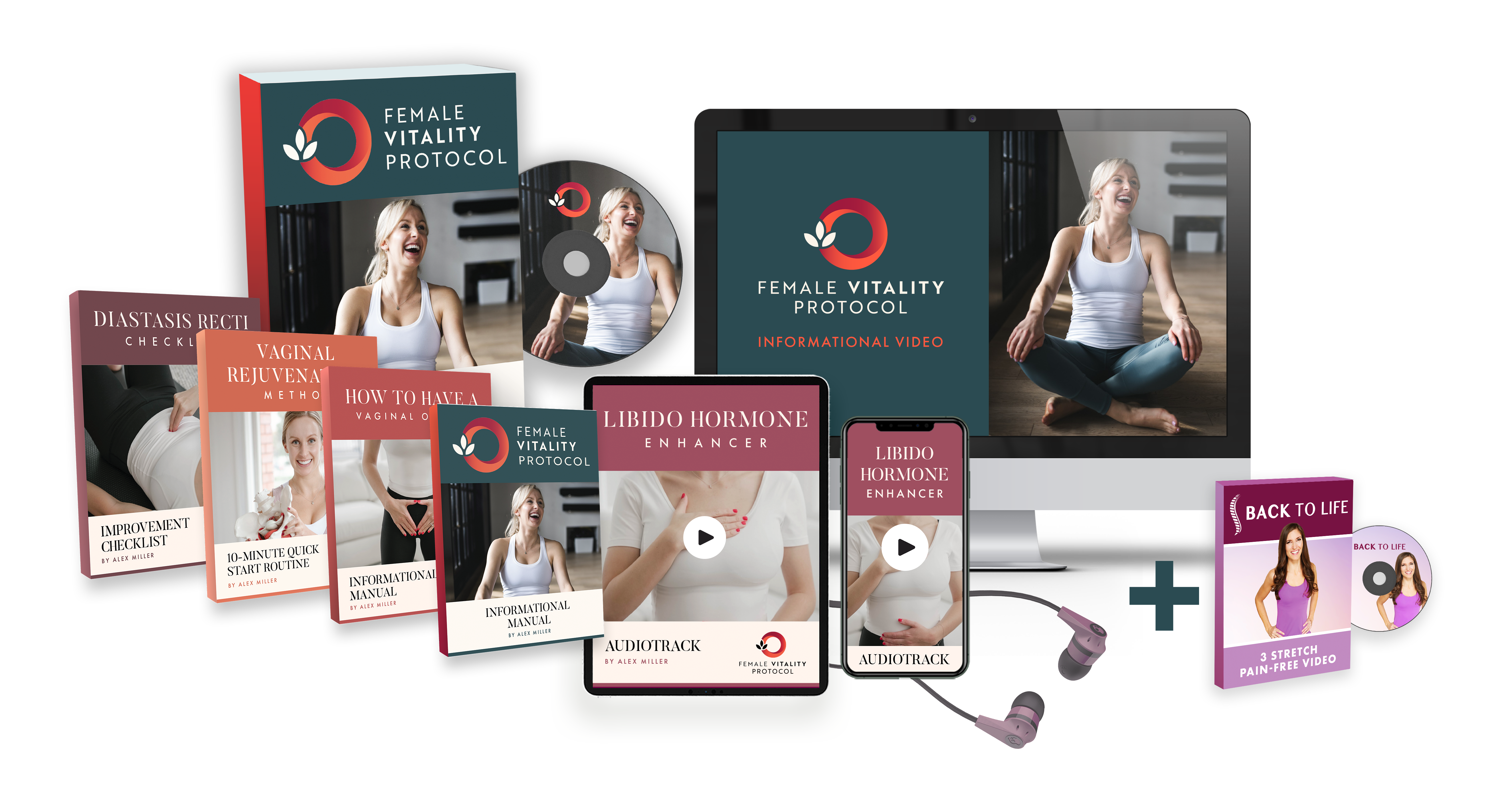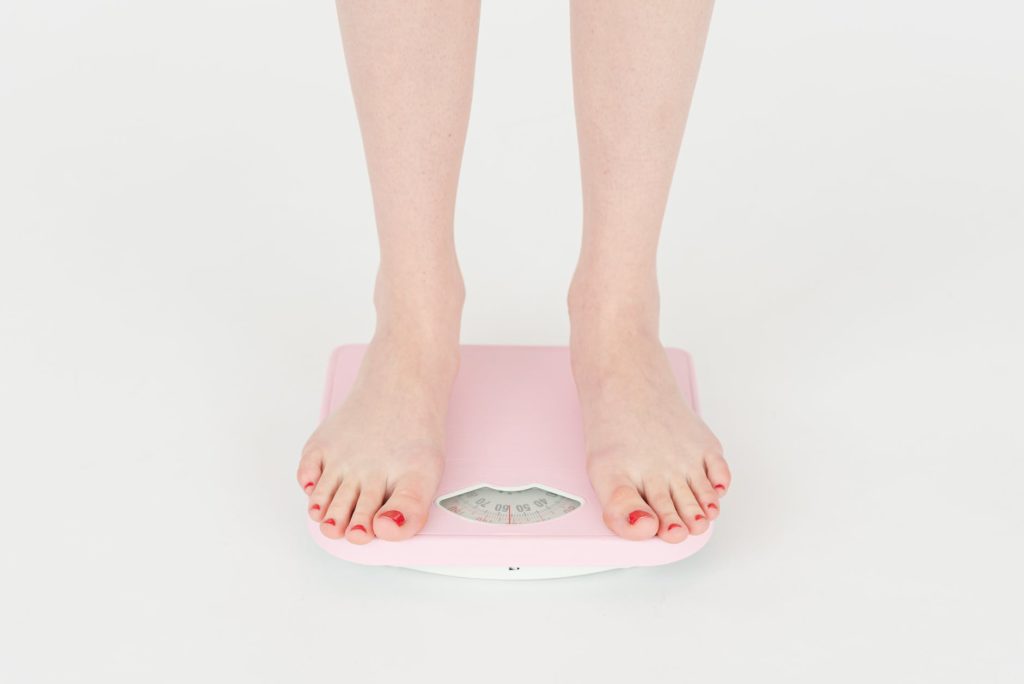Menopause And Weight Gain
Closely associated with each other. Women undergoing menopause seem to suffer the unwelcome results of weight gain. Nearly every woman struggles through it during perimenopause and menopause. A woman gaining from 10 to 15 pounds during this stage in her life is not unusual. What makes it even worse is that various studies also show that weight gain before and during menopause can actually increase the risk of breast cancer in women.
There are many factors involved that allow women to gain weight during menopause. One of them is hormonal changes with age. During menopause, women begin to experience lower levels of estrogen in the body. Estrogen has been linked to weight gain in menopausal women along with decreasing levels of testosterone.
Another factor that has a role in weight gain among menopausal women is the development of insulin resistance. This can occur during the menopausal years when the body becomes inefficient in metabolizing every calorie taken in, eventually converting it into fat. Eating mostly processed and refined foods can make the body resistant to insulin that is being produced in the bloodstream over time. This is cited as one of the causes of weight gain in women after the age of 40.
Weight Gain In Women
Another probable reason for weight gain in women during menopause is stress. Stress is a major factor involved in weight gain during menopause. When stress hormones are produced in the body, they signal it to go into storage mode, making weight loss even more difficult. The stress hormones enable the body to undergo what is also known as the “famine effect”. In this stage, the stress hormones lead the body into thinking that it won’t be getting food again for a long time so it shifts to storing every calorie it takes in, thus causing weight gain.
It can be very difficult for women to undergo weight loss during menopause. What most women can do is learn how to accept weight gain during menopause as a natural thing. Weight gain during this period of a woman’s life is not entirely bad. Weight gain may even provide some good. A little weight gain may help in lessening anxiety as well as hot flashes which are also the usual symptoms that are associated with menopause. Weight gain during menopause is also a means for the body to prepare itself for osteoporosis or other types of illnesses.
There is a way that women may be able to do in trying to keep weight gain during menopause in check. Eating a balanced diet may help make weight gain during menopause a benefit instead of a burden. Women should avoid the consumption of refined sugars as well as processed foods and instead fill up their daily diet with fruits and vegetables.
Women undergoing menopause and weight gain should also try to avoid crash diets. It will only make things even worse as starving the body will only cause one’s metabolism to slow down and cause even more weight to be gained in the process. In the same way, women during this stage in their lives should avoid losing large amounts of weight.
Drastic weight loss or becoming very thin during menopause can result in increased risks of developing osteoporosis later on. Remaining active may help in increasing metabolism and burn some of the fats in the body during or after menopause.

DISCLAIMER:
This information is not presented by a medical practitioner and is for educational and informational purposes only. The content is not intended to be a substitute for professional medical advice, diagnosis, or treatment. Always seek the advice of your physician or other qualified healthcare providers with any questions you may have regarding a medical condition. Never disregard professional medical advice or delay in seeking it because of something you have read.
Since natural and/or dietary supplements are not FDA-approved they must be accompanied by a two-part disclaimer on the product label: that the statement has not been evaluated by FDA and that the product is not intended to “diagnose, treat, cure or prevent any disease.”




